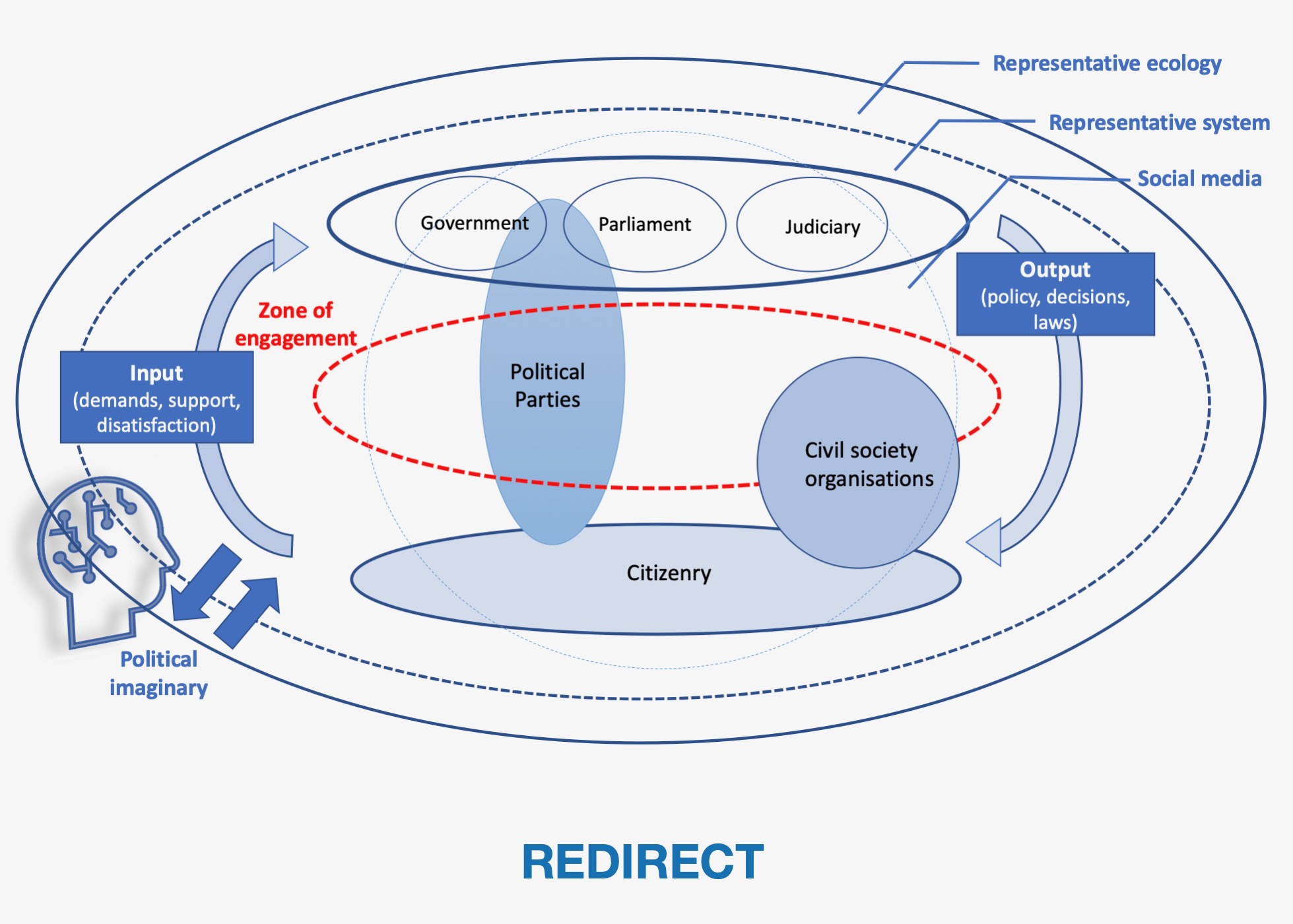Global Partnerships
As Centre for Political Thought we are involved in a number of international research networks and global partnerships covering different areas of research in political and philosophical thought. The collaboration involves leading academics and institutions both in Europe and outside, and it is meant to promote multi- and inter-disciplinary research. Many of these partnerships and networks are based on collaboration and joint initiatives with other Centres and academic colleagues at Exeter.

Citizens’ Empowerment
This Network explores questions of citizens empowerment, civic participation and representation. It was started in 2021 by researchers at the University of Exeter, UK, and Fudan University, Shanghai, PRC. The Network spans across Public Administration, Political Theory, Comparative Politics and International Relations. Its empirical focus is primarily on Europe and China. Visit site.
Image copyright: "NYC - East Village: Bowery Mural - Shepard Fairey's May Day" by wallyg.
The Entanglement of Political Languages
This Network focuses is on the entanglement in both time and space of political languages and philosophical traditions, on how they form historically and interact globally. Besides the members of the Centre, the Network involves colleagues from across the University and scholars from other international institutions in Europe and outside of it, particularly from China. Visit site.
The Representative Disconnect (REDIRECT)
REDIRECT is a four-year research project funded (€3 millions) by the Horizon Programme (and UKRI for the Exeter participation). It aims is to enhance our understanding of the current transformations of representative democracy in Europe at national and supranational level, assessing whether the centre of gravity of democratic representation is shifting away from the traditional forms of political intermediation, such as parties, parliaments, and party-based government, towards other forms of political representation. Its focus is on the representative disconnect, a multidimensional phenomenon of regression of the demos-kratos linkage involving institutional, behavioural and affective components, which risks undermining the trust in and legitimacy of the overall system of democratic representation. The two main questions REDIRECT addresses are: a) what are the nature, scope, aspects and causes of the representative disconnect; and b) how can the current representative disconnect be addressed, ameliorated, and/or rectified? Visit site.


